‘British Mother Teresa’ In Desperate Cash Plea To Save African Hospice Charity

A former nun known as the British Mother Teresa is making a desperate cash plea to save her mission that helps the terminally ill in Africa.
Dr Anne Merriman, who was nominated for a Nobel Peace Prize for her work easing the suffering of millions in Africa, founded Hospice Africa Uganda more than 20 years ago.
It has helped support countless cancer and HIV patients.
But now the 80-year-old Liverpudlian says that the organisation will close unless more funding is found.

“It’s very sad. It breaks my heart when I see people leaving who I know do a good job,” she said.
“We really need them but we have to let them go. Patients are going to suffer because people with all their love and dedication to this cause are going to have to leave,” she added.
Dr Merriman was motivated to set up the hospice after realising that, while traditional aid models looked at helping the sick to recover and prevent disease, there was little invested in palliative care to help the terminally ill who were all too often left to die in agony.
With a small team working at a kitchen sink, she created a form of oral morphine that brought relief to tens of thousands who would have otherwise have died in extreme pain.
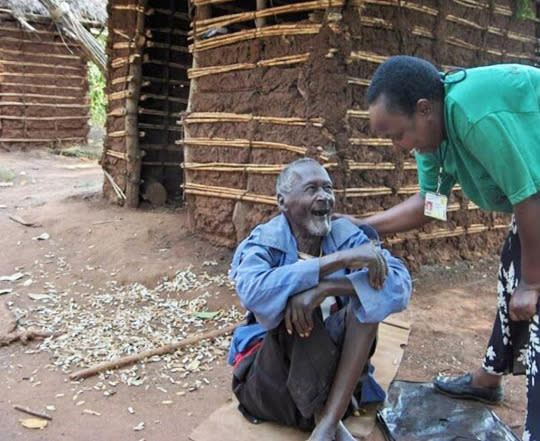
And while initially starting in Uganda her model has now spread across the African continent providing patients with relief from the symptoms, pain, and the physical and mental stress of a serious illness.
Restrictive government policies in many African countries make it difficult to import opiates such as morphine.
Doctors are also often reluctant to prescribe them because of addiction fears, but following decades of advocacy by the organisation around the continent, hospice and end-of-life care with effective pain treatment is slowly becoming a reality.
Hospice Africa Uganda are now reaching millions through the training of professionals from 35 other countries at their education institute.
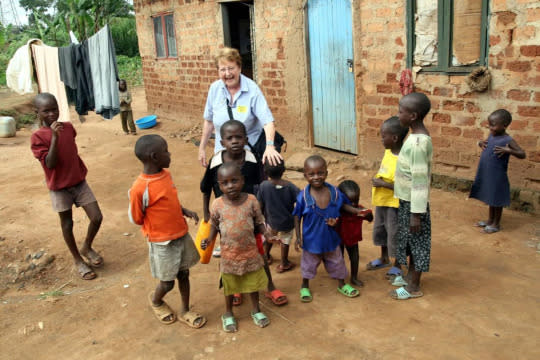
But the huge network Dr Merriman has built up is now under threat after the largest donor to the organisation, USAID, said they were withdrawing their funding, leaving the hospice with a 60% funding gap to fill.
They need to find an extra £200,000 for this financial year, and £400,000 every year for the next five years.
Having already cut back on the organisation’s staff and slashed costs, Dr Merriman is now making a plea for further help.
Born in Liverpool to Irish parents in 1935, she was inspired to follow a career in medicine as a teenager and decided to become a nun with the Irish order Medical Missionaries of Mary and train as a missionary doctor.
After graduating in medicine from University College Dublin she spent ten years treating patients as a missionary doctor in Nigeria before leaving the order and returning to the UK to care for her sick mother.
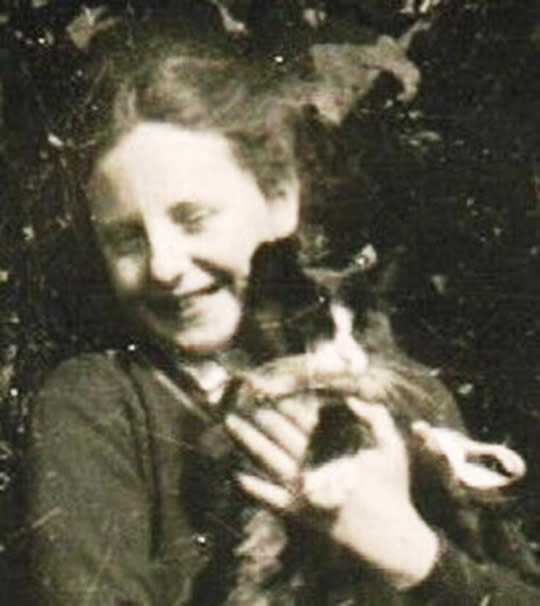
It was back in Liverpool, working on a geriatrics ward and first hearing about the work of British palliative care pioneer Dame Cicely Saunders, where she decided to devote her life to helping care for and comfort those nearing the end of their life.
“I had never been trained myself, in those days there was no form of [palliative care] training,” she said.
After her mother passed away, she moved to Singapore where she began to explore how to follow up with patients and care for them at home. It was here, with a few team members, Dr Merriman first designed a form of oral morphine suitable for patients to take at home.
“It’s this formula for oral morphine that has transformed Africa,” she said, explaining it was only when she went on to work in Nairobi, Kenya, a few years later that she understood the extent of the problem there.
“I saw this terrible situation in Nairobi where they only had codeine and if you had no money you couldn’t even get that.
"It was there in Nairobi I realised that this terrible suffering was all over Africa. I saw that we needed something that could be used across Africa.
"I came back to England to get a board together and came straight to Uganda as soon as we had the initial funding. We did a feasibility study of different countries and chose Uganda, which was very poor, and ‘the darling of the donors’. It had just come through the war and people were caring for each other.”
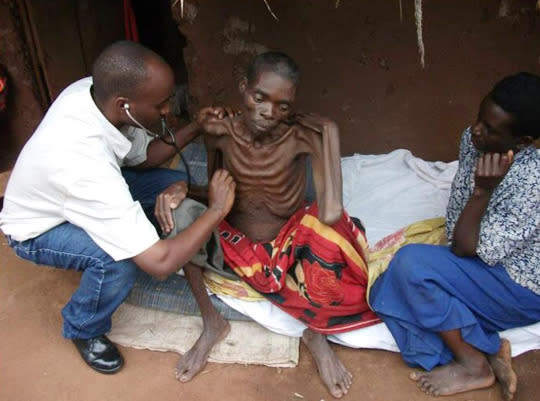
Hospice Africa Uganda launched in 1993 with three staff members and three months of funding. It has since cared for 26,000 patients and provided training to nearly 10,000 professionals in Uganda and other African countries.
The charity has strong connections to Ireland, with many Irish doctors and organisations supporting the work.
At a time when diseases such as cancer are becoming increasingly common throughout the continent, which also has some of the highest rates of HIV in the world, it is expected the loss of Hospice Africa Uganda would significantly halt progress in the region.
The burden from cancer in Africa is expected to more than double by 2030 but currently less than five percent of cancer patients receive any curative treatment and only one percent can be cured as they are usually diagnosed too late.
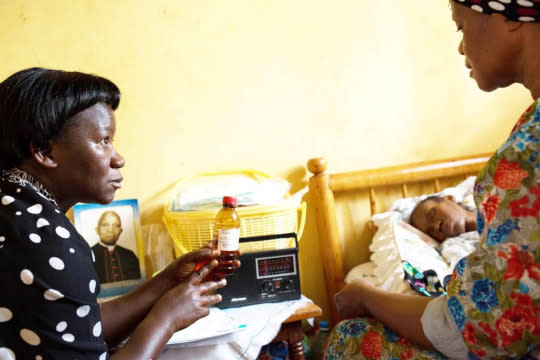
“We’re not reaching 10% of people in need in Uganda and there are millions of people in other countries that don’t have this care,” said Dr Merriman.
“So my heart is bleeding if [Hospice Africa Uganda] goes down. But we’re not sitting here just crying about it, we’re trying to do things. We’re trying to reach millionaires but we can’t get through to any,” she added.
Donations to Hospice Africa Uganda, which is registered as a charity in England, can be made through their Just Giving page.
(All pictures credited to CEN).

 Yahoo News
Yahoo News 
